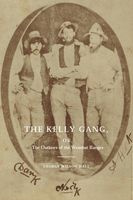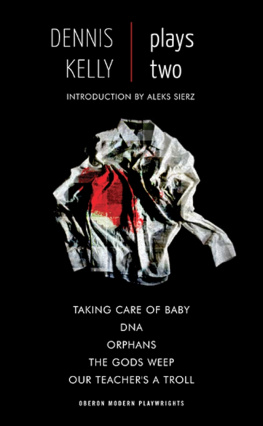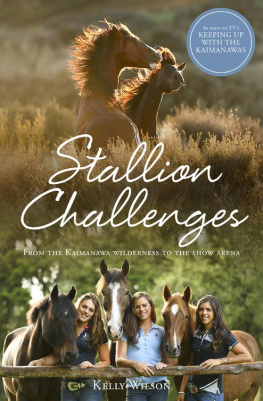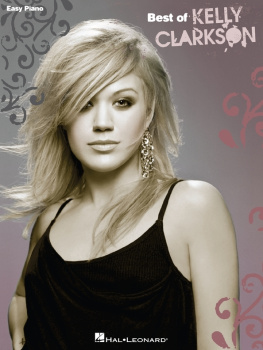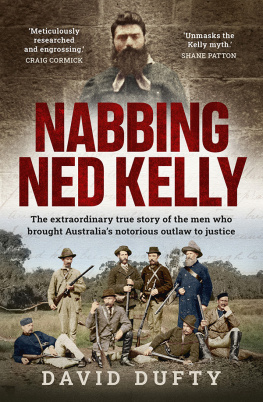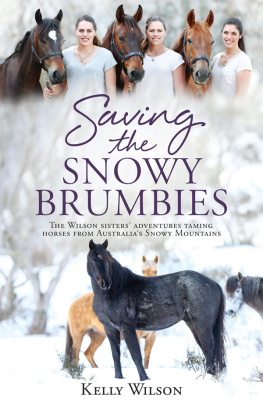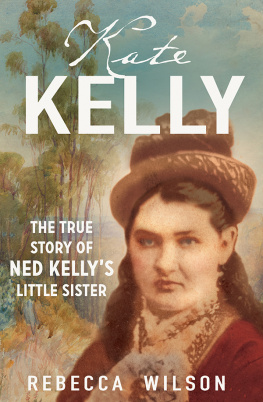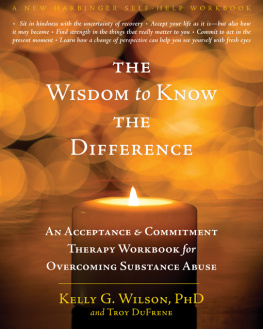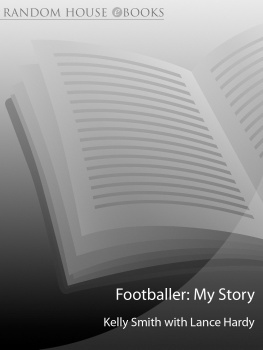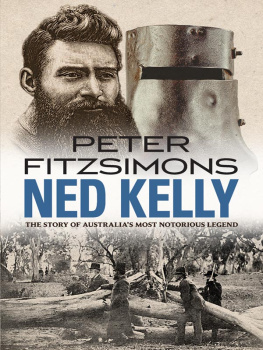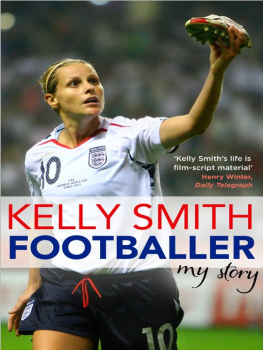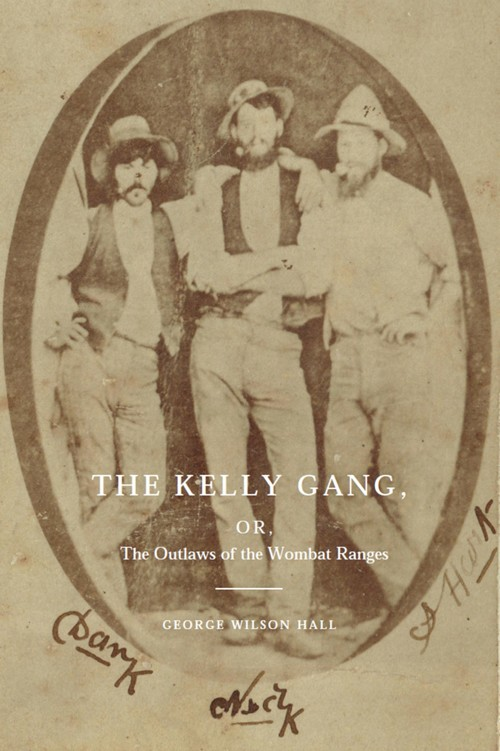
THE KELLY GANG
OR,
The Outlaws of the Wombat Ranges
Be cautious what you say, of whom, and to whom
GEORGE WILSON HALL
ETT IMPRINT, SYDNEY
This edition published by ETT Imprint, Exile Bay 2015
First published by G. Wilson Hall, Proprietor of the Mansfield Guardian 1879
This book is copyright. Apart from any fair dealing for the purposes of private study, research, criticism or review, as permitted under the Copyright Act, no part may be reproduced by any process without written permission. Inquiries should be addressed to the publishers.
ET T IMPRINT
PO Box R1906
Royal Exchange
NSW 1225
Australia
Copyright this edition ETT Imprint 2015
ISBN 978-1-925416-33-6 (ebook)
ISBN 978-1-925416-34-3 (paper)
Cover: An original carte-de-visite showing Dan Kelly, Ned Kelly and Steve Hart on a verandah at Echuca, 1879. Courtesy Tom Thompson, Lawsons Auctioneers.
Design by Hanna Gotlieb
PREFACE
We take it for granted that in the present excited state of public feeling among all classes on the subject of the now notorious Kelly Gang, no apology is needed for offering to the community the accompanying narrative, though hurriedly thrown together and, therefore, inevitably liable to animadversion on the score of its shortcomings.
What has been chiefly aimed at in the little volume is the compilation of as truthful, and at the same time readable, a story as possible under the circumstances, from the best and most reliable sources at our command; and we would take this opportunity of fully admitting our obligations, not only to the journals of the day, but more especially to certain individuals, who, without being named here, will be sure to recognise the acknowledgement, being those from whom interesting and important particulars, unobtainable elsewhere, were gleaned, as well as confirmation of various previously published items of intelligence.
When we assure our readers that we received a great part of our information from the very best authorities, and that, to say the least, no pains have ever been spared in travelling for its collection, with that view, we give, by inference, but a meagre idea of the great difficulties we have had to contend with at the outset of our enterprise.
Doubtless, the book will be found open to the charge of faultiness in style, while that kind of word-painting, which enhances the interest of so many descriptive efforts in other works, and is so dear to numerous readers, as well as several writers, will be found conspicuous by its absence. In some parts of the history, too, an unavoidable hiatus will be met with, because we prefer submitting to the charge of incompleteness rather than fill such gaps with materials supplied by imagination alone.
Yet, while deprecating failure, we modestly venture to anticipate that the humble barque which we have, with an amount of temerity, launched upon the treacherous billows of public opinion, will not become at once at utter wreck upon the rocks or quicksands of unjust adverse criticism, and, at the same time, we are prepared to bow before the unbiased utterances of matured judgement relative to the many blemishes almost inevitable in a work hastily constructed, and by comparatively un-practiced hands.
With impartiality as our guiding star, we have endeavoured, and we trust successfully, to avoid the Scylla of falsely exaggerating the atrocities of the outlaws, sufficiently terrible in their actuality, and at the same time not be drawn into the vortex of the more dangerous Charybdis of being adjudged, be it never so erroneously, sympathisers with that fearful band. There requires no aggravation of the bare reality to intensify, for example, the horrors of the dreadful tragedy enacted on the never-to-be-forgotten 26th of October 1878, amid the recesses of the Wombat Ranges; and, again, it would be equally unjust to our readers, and derogatory to our own integrity, were we, by silence, to appear to acquiesce in various unsubstantial charges which, either based only on suspicion or mayhap, born of invective genius, have been circulated, in good faith no doubt, by various publishers against the malefactors and their unfortunate connections.
A plain, unvarnished tale of the facts will be found in places sufficiently shocking to satisfy, if not cloy, the most morbidly voracious appetite for the horrible sensational. We have, therefore, in the production of the following relation, as equitable historians, adopted for our motto
Nothing extenuate, nor set down aught in malice.
THE AUTHORS
MELBOURNE, 22nd February, 1879.
CHAPTER I
Now lithe and listen, gentles all,
The while I do unfold
The parentage and eke the deeds
Of Rob, the outlaw bold;
And how he drove the keepers
By mountain, moor and glen;
And how he held the forest, free,
With all his lusty men.
- Old Ballad
If imitation be truly described as the sincerest flattery, surely we may also assume it to be a mark of the most genuine admiration; hence, being totally incapable of producing anything remotely approaching his style, we cannot be said to go far astray in adopting the plan followed by one of Englands most celebrated classical authors, Henry Fielding, when composing the life of JONATHAN WILD, THE GREAT, which plan is thus referred to in one of the introductory chapters to the work;
It is the custom of all biographers, at their entrance into their work, to step a little backwards (as far indeed as they are able), and to trace up their hero, as the ancients did the river Nile, till an incapacity of proceeding higher puts an end to their search.
What first gave rise to this method is somewhat difficult to determine. But whatever origin this custom had, it is now too well established to be disputed. I shall therefore conform to it in the strictest manner.
At the latter end of the year of our Lord one thousand eight hundred and thirty-nine, a family of the name of Quin, numbering eight persons, and hailing from the neighbourhood of Belfast, Ireland, landed on the shores of Hobsons Bay, from the good ship England, having come out as Government emigrants, with a view to bettering their condition at Port Phillip, which at that time was looked on by the inhabitants of the Old Country almost as terra incognita.
The family consisted of James and Mary Quin, the parents, with six children namely, Patrick, who was afterwards accidentally drowned at Echuca, in 1850; Mary Anne, since deceased; John; Ellen, destined to give birth to the outlawed Kellys; Katherine and Jane.
The Quins, on their arrival, settled in what is the Melbourne of the present day, and remained there for some short time, the father supporting his family by working as a porter at different commercial establishments, until, by frugality and industry, he succeeded in accumulating sufficient funds to enable him to rent some land, and make a purchase of a few milch cows and bullocks. His first venture was on a small farm at Brunswick, where, in a limited hut comfortable homestead, Mrs Quin carried on the business of dairying to a profitable extent, while her husband added to the domestic store from the profits of carting with his bullocks on the roads, and cultivating a moderate portion of his holding.
After a short time, having prospered reasonably well in his undertakings, he shifted to Broadmeadows, where he rented 1,280 acres of land, which he devoted to grazing and cultivation purposes; and the sons, Patrick and John, being by this time old enough to take charge of his teams, he was enabled to turn his undivided attention to the engagement of the farm.
Next page
